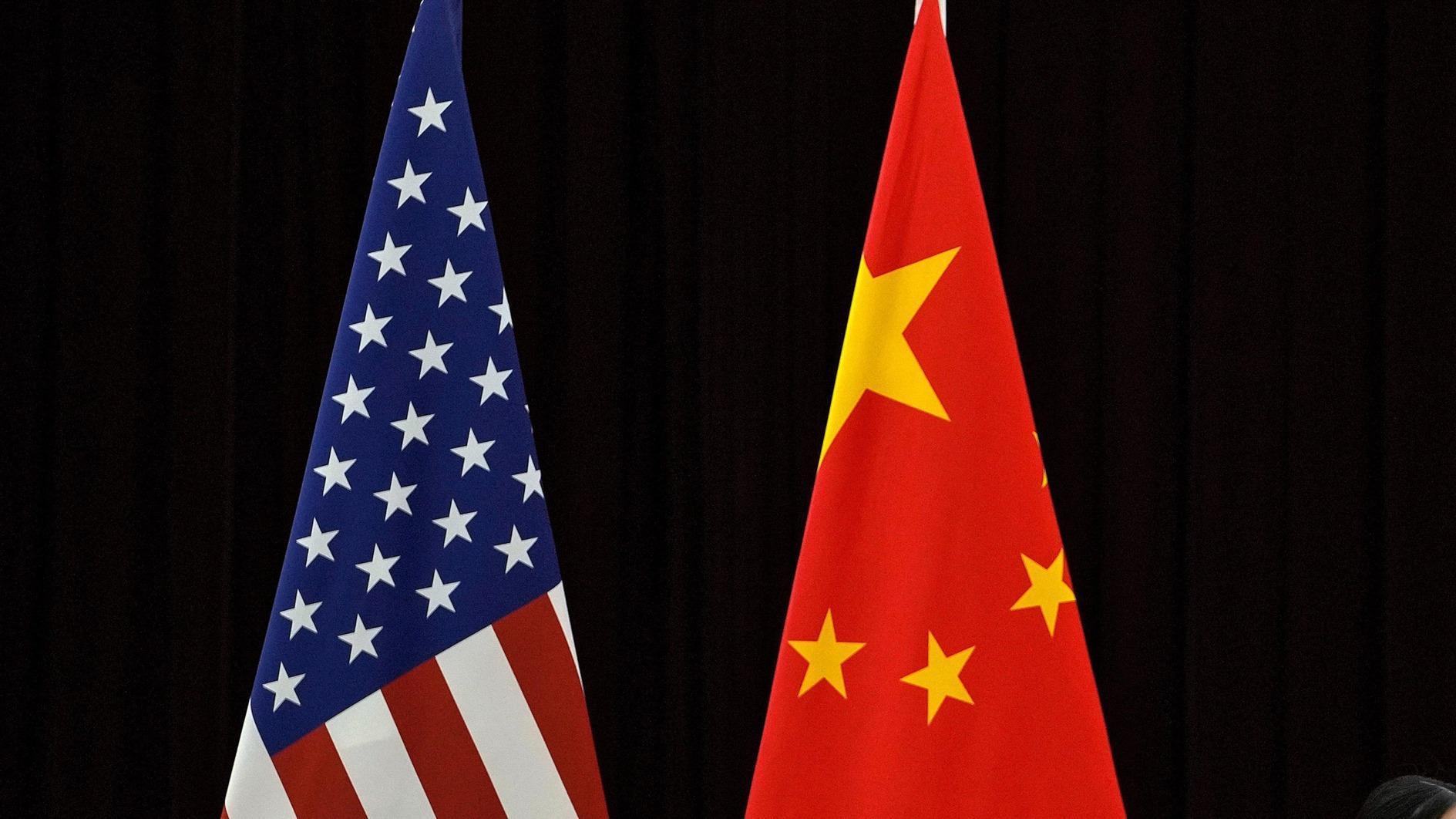‘Vampire butterfly’ spreads to Istanbul, raises concerns
ISTANBUL

A pest species, dubbed “vampire butterfly,” has spread to Istanbul from Black Sea regions due to human activities, causing concerns among locals and experts.
Local media reported this week that Ricania simulans planthoppers first spread from Georgia to Turkey's Black Sea region, and then from coastal towns to higher elevations, presenting a serious threat to tea plantations and human populations.
The species is called vampire butterfly because it sucks water out of plants.
Dr. Zeynel Arslangündoğdu from Istanbul University’s Forestry Faculty told daily Hürriyet that the pest recently spread in Istanbul, too.
“We have received many notices. People are concerned because this bug is now everywhere,” he said, noting that the pest possibly arrived Istanbul on trucks carrying tea from Black Sea fields to the factories in Istanbul.
Arslangündoğdu added that this species breeds very quickly and they tend to live in warm and light environments close to humans.
“Cancer rates are predicted to rise as this bug creates a carcinogen when it comes into contact with chlorine in the water,” biologist Ahmet Süha Derekaya told daily Birgün on Aug. 2.
Derekaya added that the pest “did not create much harm in Georgia” but when it arrived in Turkey’s Black Sea coasts, where a “bigger ecological massacre is happening,” it turns into a more serious threat.
“It has become more harmful in Turkey with the filling of the seaside with concrete, dumping industrial and residential waste into sea and building hydro plants on rivers,” he said.
Moreover, locals do not plant onion and garlic, which repel the pest, next to their tea gardens anymore, and they also do not feed as many chickens, which also fight against the pest.
Apart from the carcinogen threat it posed to humans, vampire butterflies also kill tea plants, as well as kiwi, fig and blackberry.
“Turkey should not use chemicals. An ecological fight, in which ultraviolet lights can be used, is needed now,” Derekaya said, warning “there is a risk that this pest would come to people’s houses with tea and tap water.”
















